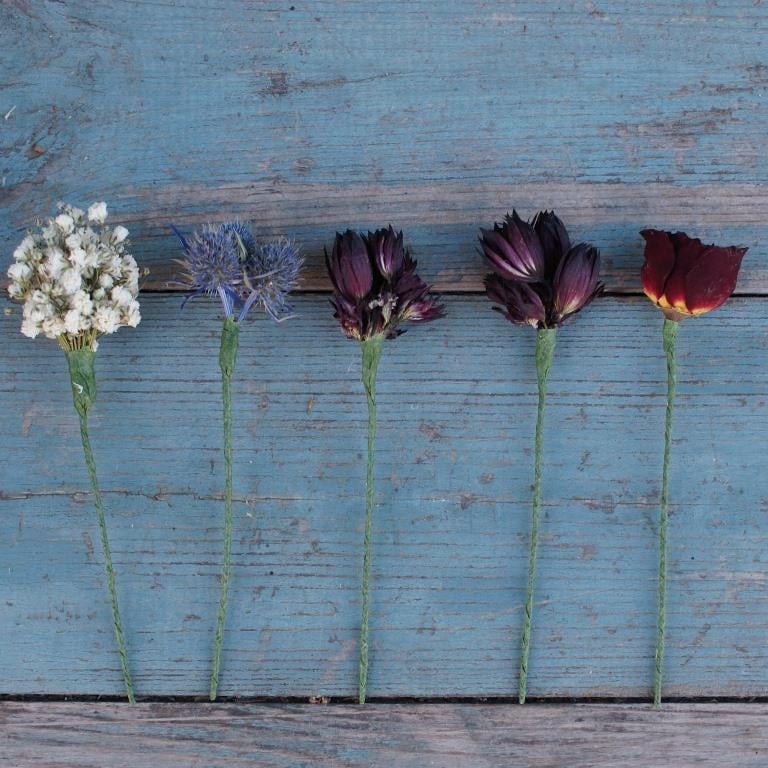5 Things We Learned in March 2024
The end of wine and chocolate pairings, the rise and rise of La Place, and a good excuse to visit Florida. The staff of Areni discovered all this and more for our March 2024 Wine Trends.
1. Miami is a hot new fine wine market
“The last time Miami was relevant, it wasn’t important. In the 1980s, Miami provided nothing more than drugs, clubs, pastel blazers, jai alai gambling and, most notably, a hit TV show about all four,” wrote Joel Stein in The Financial Times, in February 2022.
“But now Miami is the most important city in America. Not because Miami stopped being a frivolous, regulation-free, climate-doomed tax haven dominated by hot microcelebrities. It became the most important city in America because the country became a frivolous, regulation-free, climate-doomed tax haven dominated by hot microcelebrities.”
Areni Global’s Head of Membership Sarah Phillips happens to live in Miami, and she couldn’t agree more. So smitten with Miami is she, that she wrote about it for Meininger’s International magazine, outlining all the new wine businesses and services that are opening up.
According to that article, people in Miami can’t get enough wine — or wine education, and they’re prepared to pay for it. And it’s not just Miami. Many of Florida’s cities are embracing wine.
At a time when the wine world is experiencing a downturn, it’s cheering to read about a place where wine is surging ahead. Especially when that place is sunny and vibrant. There’s nothing for it — everybody in wine needs to go on a fact finding mission to Miami.
2. The end of another wine tradition
It’s the bane of every wine writer — being told to write an article about pairing wine and chocolate, ready for the Valentine’s Day edition.
As Lettie Teague wrote in the Wall Street Journal: “This is the time of year when seemingly every sommelier, wine retailer and chocolatier proposes a pairing I truly dislike: chocolate and wine.”
The problem is that the balance of bitterness and sweetness in both products can make it a match made in hell; either the bitterness will be accentuated, or the sweetness will be overpowering.
The chocolate/wine problem has now been solved — but not in a good way. Climate change has affected cocoa harvests in West Africa, sending the price of raw cocoa sky high; in the past year, reports Euronews, prices have jumped about 213%. That means chocolate is about to become extremely expensive.
It’s a sobering reminder that vines are not the only plant being adversely affected by climate change.

3. One of Bordeaux’s most important mechanisms
In March, CEO Pauline Vicard and Editorial Director Felicity Carter sat down with wine critic Jane Anson for a fascinating discussion on the workings of La Place de Bordeaux.
Crucially, this ancient system has had to become more transparent, thanks to services like Wine-Searcher and Liv-ex, and the demands of a global market. Today, it sits at the very centre of the international wine trade.
But it only works, says Jane Anson, when people are prepared to drop their prices as well as raise them.
“To be truly successful on the Place, you have to be able to put your prices down as well as up,” she told us. “That has seen Bordeaux successfully through many centuries of difficult times economically, knowing that you can drop your prices if you have to. I think that the younger generation of people in châteaux today may not have learned that lesson as well as they could have done.”
The wide-ranging discussion also covered the economic impact that the “Beyond Bordeaux” wines — those distributed through La Place that come from elsewhere — are having on the wider Bordeaux region.
For anybody interested in the world of fine wine, it’s a must-listen podcast.
Like what you are reading? Subscribe to our newsletter to be the first to access new articles.
4. Gen Z in China
The news from the US, the world’s most lucrative market, is increasingly gloomy, as young people are either indifferent to wine, or actively hostile to alcohol.
But not in China, as Jim Boyce reported for Wine-Searcher in March. Chinese young people, says the article, are curious, independent, always online, and willing to spend time comparing prices and then buying wine.
“Social media allows them to explore a massive incredible range of interests that turn into real-life meetings with like-minded souls, whether it concerns pets, camping, anime, sports or travel,” the article continued.
“This includes also flocking to food and drink festivals and to the growing number of wine bars nationwide, found across the country, which seems counter-intuitive given falling overall consumption, but stresses the rise of pleasure seekers versus those of status.”
Australian wineries, now looking forward to re-entering the Chinese market after a three-year freeze in trade, now have even more to celebrate.
But it’s also not all bad news in the US. As Harper’s Bazaar reported in November 2023, plenty of GenZs are also embracing fine wine.
5. There’s a new definition of adulthood
Do you write ‘riesling’ or ‘Riesling’? Do you call the region ‘Champagne’ but the drink ‘champagne’? If so, it’s possible you haven’t become fully adult yet.
According to a recent article, “shunning the Shift key” is a way of people clinging to their youth; “a way to forever remain cool and casual in texts”. That’s right — capitalisation is for old fogies.
Apparently 20-somethings only begin using correct grammar when they start communicating in the workplace, at which point capital letters become “more sophisticated and buttoned-up”.
Of course, they don’t go to the trouble of actually typing capital letters. Instead, they turn on the auto-capitalisation function.
It’s the new way of declaring you’ve passed an adult milestone, like getting a driver’s licence. Or having that first glass of Champagne.

